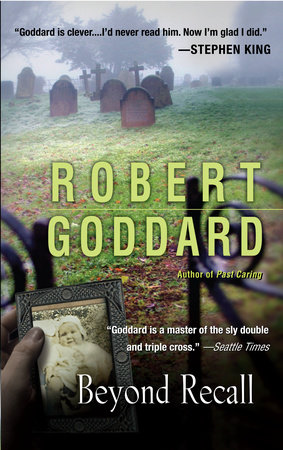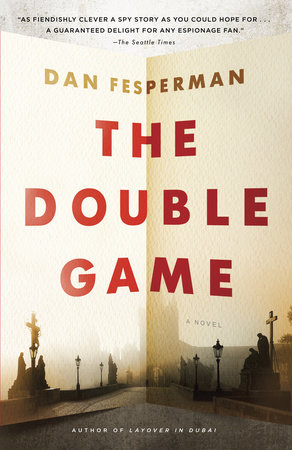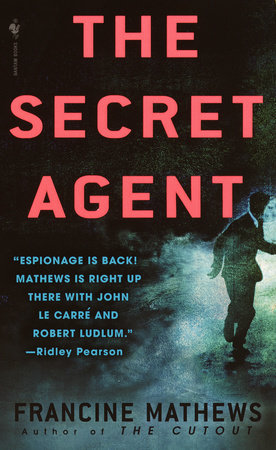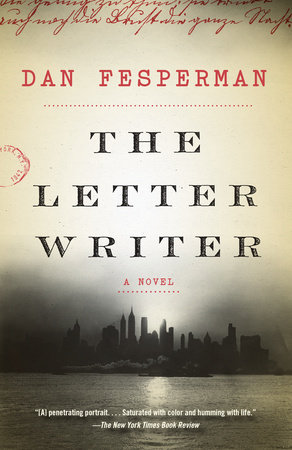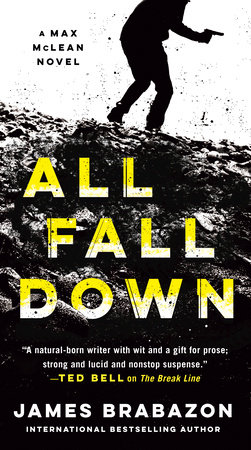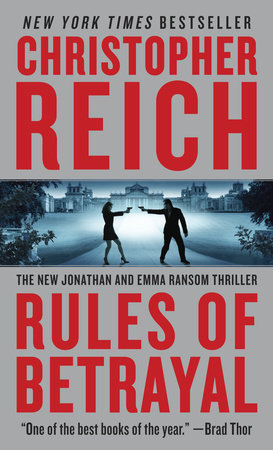A conversation with Dan Fesperman, author of UNMANNED
Q: Where did UNMANNED start for you?
A: A few years back I came across a profile of a fellow who “piloted” drones for the Air Force out of a trailer at a base in Nevada, and I was immediately fascinated by the whole idea of being a remote-control warrior by day and a suburban dad by night. These pilots were commuting between bizarrely different worlds. On the one hand, they’re mowing the lawn, firing up the grill, helping the kids with their homework. Then they’re hopping into the family SUV, driving forty miles into the desert, and spending the next eight hours presiding over an air-to-ground killing machine with an all-seeing eye, way over in a war zone thousands of miles away. Talk about a mind-bending way of life! The moment I started thinking about it, I had to know more, and I knew I wanted to create a character who would be part of this strange new world.
Q: Darwin Cole is a former fighter pilot turned drone pilot, who finds his work with drones, bombing targets on the other side of the world while he watches on a video screen, both unfulfilling and emotionally difficult to handle, leading to a career burnout and a breakdown for Cole. Is he based on anyone in particular – and is this an issue affecting military drone pilots? What is so taxing about piloting the drones?
A: The high incidence of burnout and depression among drone pilots has been pretty well documented, so in that sense you could say Darwin Cole is a prototype. It’s an incredibly high stress job. You’re responsible for all those lives you’re watching over, whether you’re watching over a village in enemy territory or shepherding American soldiers toward their mission. It’s no mistake that the infrared beam the drones employ to enhance their night vision is known as “the God light,” because the drone crews function as a sort of omnipotent eye in the sky, making life and death decisions for everyone within their field of vision.
Q: What kind of research did you do to write UNMANNED?
A: The most valuable groundwork was a series of lengthy interviews with a few pilots and their sensors, men who did the same sort of work as Darwin Cole, and, also like him, were former fighter pilots. They offered wonderful insights on what it’s like, for instance, to spend several hours or even days getting to “know” the various residents of a certain village through lengthy surveillance – the old man with the limp, the shepherd with the staff, the child who always runs. It can evolve into an eerie sort of intimacy, an intimacy that becomes psychologically problematic if you then have to take action that will alter or destroy their way of life.
Q. Are the types of drones (and companies utilizing them, like IntelPro in UNMANNED) you detail in the book true to what’s available in the world today?
A: Absolutely. If anything, I’ve probably underestimated their diversity and capabilities, because the technology in this field is advancing so rapidly. But that’s okay with me, because I’m more intrigued by the human element of the equation. What happens to people when they wield this kind of power, day after day? And how would it feel to suddenly end up on the other side of that relationship, by joining the ranks of the scrutinized and the targeted?
Q: In the book, the overlapping world of the military and the contractors they pay to do some of their work in Iraq and Afghanistan comes to light—leading Cole to wonder who is actually calling the shots as he pilots the drones, and to what end? Who is ultimately in control? What led you to bring these threads together?
A: I talked to people who’ve been in the field in Afghanistan in recent years and have witnessed firsthand all of the various players – military and mercenary, private and public, official and non-official, soldier and spy – who now populate those nether regions where most of the action now occurs. The question of ‘Who’s in control?’ is not one that any of them could answer with great confidence. Nor are the rules of engagement particularly clear, especially for the privateers. That’s part of what makes their role so potentially so valuable if they happen to be working for an intelligence agency. When you’re not officially accountable to anyone, or playing by the rules of any government, then you can get away with an awful lot of actions that official military units or even a CIA employee would never be authorized to carry out. But if a shady player decides to pursue his own agenda, that convenient lack of accountability can become a huge problem for the official parties, leading to all sorts of mischief. And to me that sort of power – and its temptations – goes hand in glove with the almost unlimited power offered by remote-control warfare.
Q: In UNMANNED, Big Brother is everywhere: monitoring any person of interest via drone or phone; even the EZ Pass on a car can be a homing device for those who know how to tap into it. In an age of NSA wiretapping and the revelations Edward Snowden unveiled, it seems like it’s all too possible in today’s world. Was this in your mind as you wrote the book?
A: Absolutely. The drone is a perfect metaphor for the intrusiveness of an all-seeing government, and, as drone technology becomes privatized, for an all-seeing corporation. A drone can literally watch you all the livelong day without you knowing it. And it’s not as if you have to do any research on all of the other surveillance capabilities which already exist. Anyone with the slightest powers of observation can’t help but notice the cameras that seem to be mounted everywhere these days. And the moment you log onto the Internet you’re opening yourself to surveillance of an entirely different nature. So it’s not too surprising that Darwin Cole, having seen these capabilities from both ends of the lens, becomes a bit hypersensitive to the possibilities of being watched and followed, to the point that others suspect that he might be paranoid. Although, as the old joke goes, just because you’re paranoid doesn’t mean they’re not out to get you.
Q: What do you want readers to take away from the book?
A: Mostly I want them to feel like they’ve lived in Darwin Cole’s skin for a while. I also want them to feel like they’ve gone on a bit of a wild ride inside a strange world they didn’t previously know. And if, as a byproduct, they’ve had their eyes opened with regard to the capabilities of these eerily intrusive machines called drones, then I suppose that’s okay as well.
Q: What is next for you?
A: I’m working on a novel set in New York in 1942, a few months after Pearl Harbor, a vulnerable moment when US Naval Intelligence was deeply worried about all of the German and Italian immigrants working on the city’s waterfront, especially with all those German submarines already lurking offshore.








